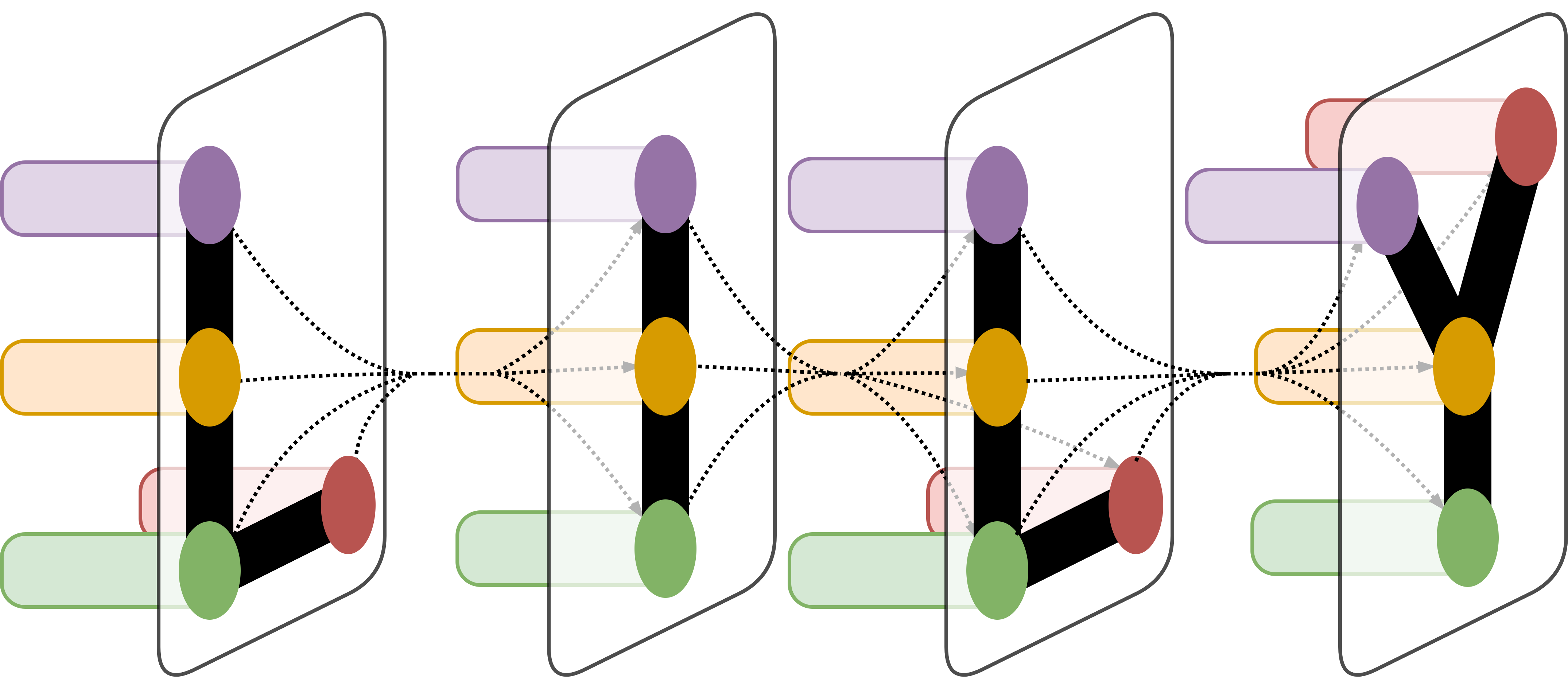
LiLY: Learning Latent causal dYnamics under modular distribution
Download scientific diagram | LiLY: Learning Latent causal dYnamics under modular distribution shift. We exploit distribution changes resulting from fixed causal dynamics, changing causal influences and global observation changes to identify the underlying causal dynamics. The distribution change in a new segment is corrected via learning the low-dimensional change factors in an unsupervised way. from publication: Learning Latent Causal Dynamics | One critical challenge of time-series modeling is how to learn and quickly correct the model under unknown distribution shifts. In this work, we propose a principled framework, called LiLY, to first recover time-delayed latent causal variables and identify their relations | Causality, Fixatives and Time Series Modeling | ResearchGate, the professional network for scientists.
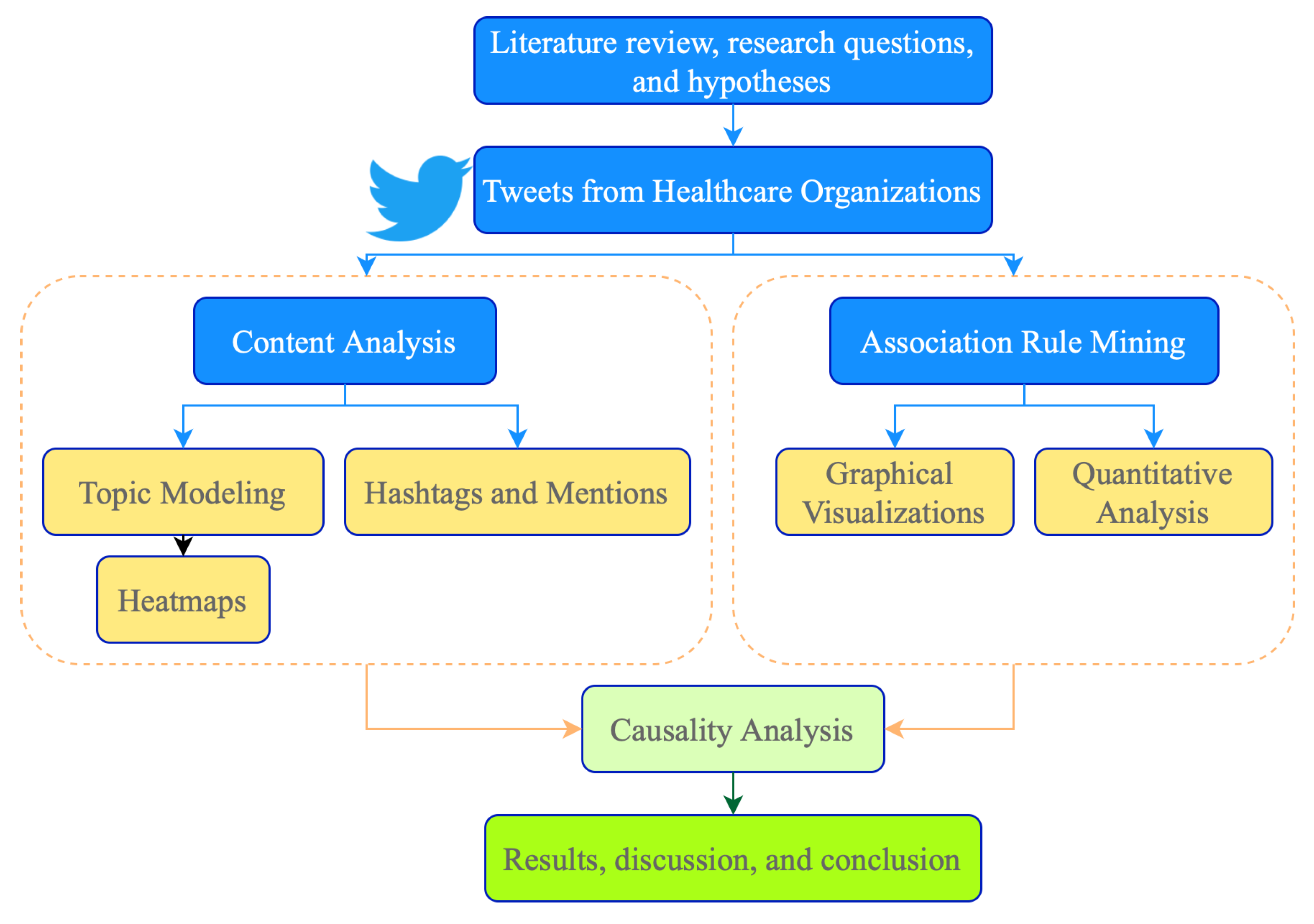
Informatics, Free Full-Text

PDF) Learning Latent Causal Dynamics

Essential Regression: A generalizable framework for inferring causal latent factors from multi-omic datasets - ScienceDirect
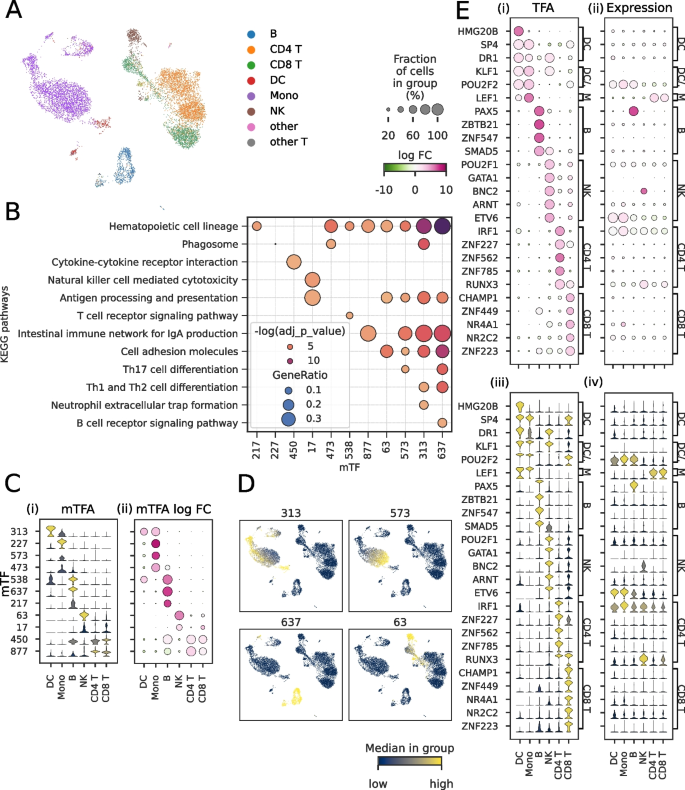
Structure-primed embedding on the transcription factor manifold enables transparent model architectures for gene regulatory network and latent activity inference, Genome Biology

Graph & Geometric ML in 2024: Where We Are and What's Next (Part II — Applications), by Michael Galkin, Jan, 2024

Haematologica, Volume 108, Issue 8 by Haematologica - Issuu

Computational modeling of threat learning reveals links with anxiety and neuroanatomy in humans

SCRIP: Scholarly Research In Progress 2023 by GeisingerCollege - Issuu

PDF) Learning Latent Causal Dynamics
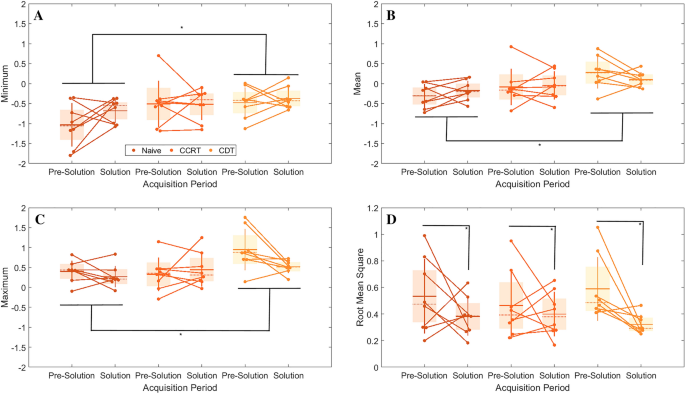
Prior experience modifies acquisition trajectories via response–strategy sampling
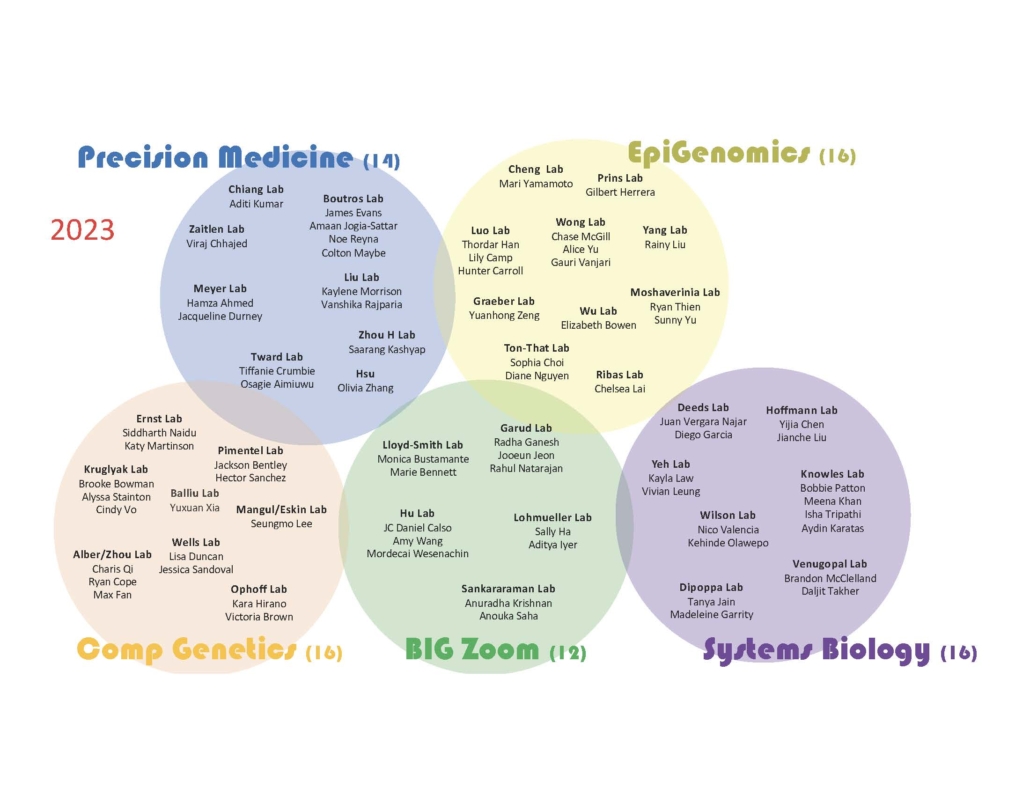
B.I.G. Summer 2023 – Institute for Quantitative and Computational Biosciences

On The Opportunities and Risks of Foundation Models: Corresponding Author: Pliang@cs - Stanford.edu Equal Contribution, PDF, Deep Learning
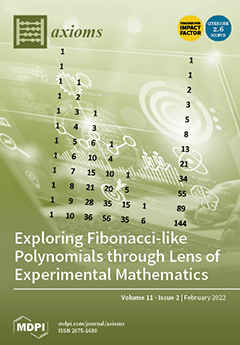
Axioms February 2022 - Browse Articles
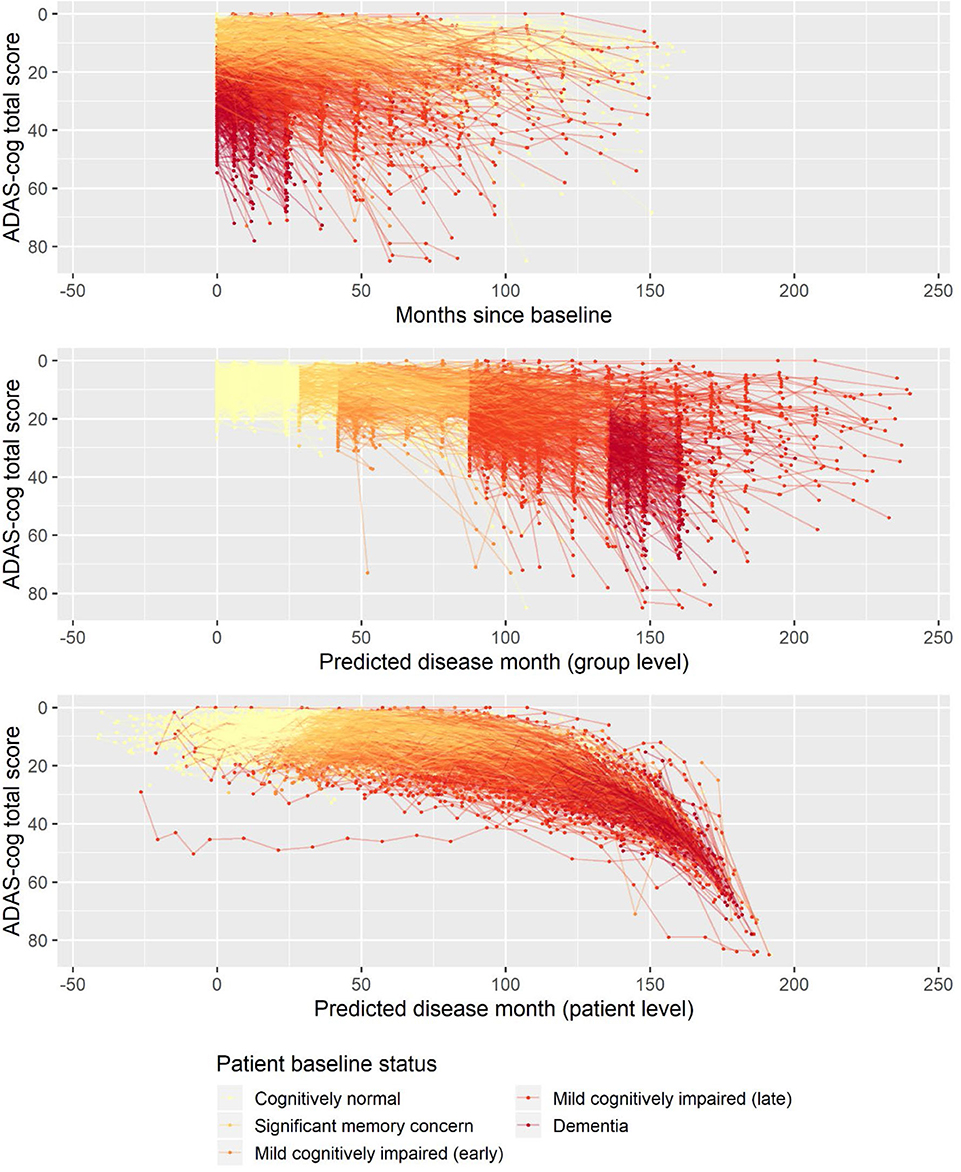
Frontiers Statistical Disease Progression Modeling in Alzheimer Disease



